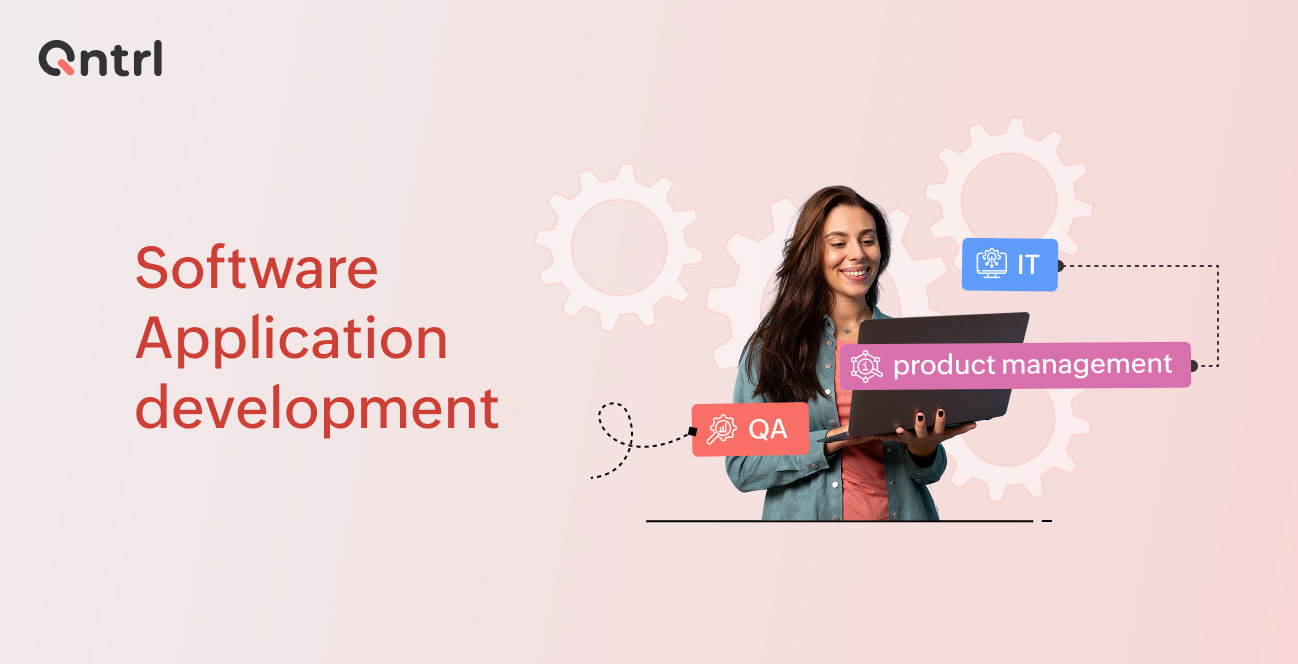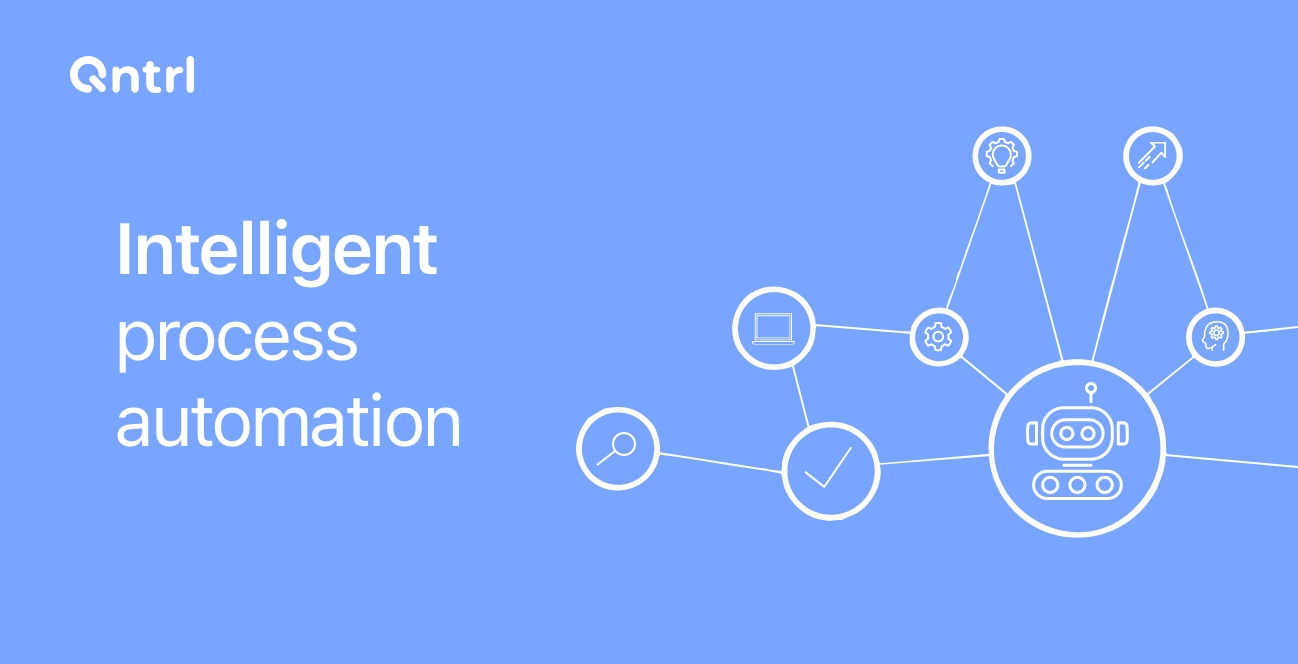Business process management (BPM) is important in driving digital transformation. As companies employ digital transformation initiatives, they're not only shifting from manual to digital processes but also undergoing a significant change in mindset and operations. This shift involves focusing on efficiency, connectivity, and innovation.
So what is BPM? BPM revolves around understanding and improving how businesses function. It includes identifying tasks, exploring ways to enhance them, and making changes to streamline processes.
Now what about a BPM tool? BPM tools are software designed to analyze, optimize, and automate business processes. They assist in visualizing workflows, automating tasks, and monitoring performance. By centralizing processes, BPM tools boost efficiency. and support transformation within organizations. Their primary goal is to improve efficiency, consistency, cost effectiveness, transparency, and accountability, to enhance the employee experience.
Digital transformation focuses on maximizing efficiency by minimizing intervention and standardizing IT systems across workflows. It aims to ensure that teams have access to information and resources precisely when they need them, seamlessly integrated into their workflows. This approach reduces the risk of bottlenecks and empowers teams to carry out tasks confidently.
In digital transformation, autonomy plays a role in simplifying tasks, by providing timely access to relevant information during ongoing activities. Organizations enhance efficiency through automation and contextual data delivery, which can streamline processes and aid decision making.
By employing BPM principles within the transformation framework, businesses can navigate modernization challenges while unlocking opportunities for growth and innovation. The correlation between BPM and digital transformation is essential for organizations looking to revamp their operations.
BPM often functions as a mediator in driving efficiency through process enhancement. It allows companies to analyze existing processes, identify inefficiencies, and optimize operations. By continuously refining workflows, BPM paves the way for transitioning legacy processes into formats, resulting in increased speed, cost reduction, and improved quality.
BPM also facilitates the adoption of newer technologies, such as cloud computing and advanced analytics, within business processes. It even ensures integration and effective change management when incorporating these technologies into workflows.
By offering insights into processes, business process management helps identify areas and scenarios where new technologies can have a significant impact on business outcomes.
Encouraging collaboration across functions, digital transformation breaks down organizational barriers, promoting improved collaboration and connectivity among teams, departments and locations. BPM captures information about individuals, systems, data, and process steps, providing a view across the organization. This visibility fosters efforts and alignment between departments for successful digital transformation projects.
Another vital aspect of transformation is using technology to deliver personalized customer experiences through various channels. BPM initiatives incorporate the customer's viewpoint into process design by mapping customer journeys to pinpoint pain points and areas suitable for enhancement. This focus on customers drives change that prioritizes meeting customer needs.
Significance of prioritizing BPM in digital transformation
Without BPM practices in place, organizations may face difficulties in implementing digital transformation projects. Making process changes without understanding current workflows, metrics, or bottlenecks can result in misguided transformation efforts, inadequate governance structures, a lack of consistency, and limited adoption of new tools.
The dangers of disregarding BPM
Embarking on transformations that rely on emerging technologies without planning can lead to disorganized operations that may not achieve their goals and fall short of the required level of digital integration in today's highly regulated business environment.
This is why giving priority to BPM ensures that digital transformation projects are based on thorough process documentation, analysis, and redesign—setting the stage for efficiency improvements and organizational excellence.
The role of BPM software in digital transformation
With the use of BPM and business process automation software, your company can enjoy some major advantages:
Enhanced collaboration: BPM platforms bring together users and processes within a unified interface, fostering seamless collaboration across different departments. This encourages functional workflows, collaborative content creation, and effective sharing of outcomes.
By dismantling barriers, advanced BPM tools promote connectivity throughout the enterprise, supporting transformation by centralizing data and encouraging its efficient use, sharing, and safeguarding.
Scalability: BPM platforms provide the scalability to support digital transformation initiatives. By enhancing the design of processes enforcing standards throughout the organization, centralizing oversight and control, automating tasks and workflows, and facilitating the testing of new ideas using user-friendly cloud tools, BPM platforms improve operational efficiency as initiatives expand company-wide.
User-friendliness: BPM software offers a view of processes illustrating connections, sequencing workflows, documenting policies and procedures, and tracking performance metrics. This insightful perspective assists in planning and helps prioritize areas needing immediate attention.
Flexibility: Leading BPM platforms feature tools that empower teams to set up and automate processes. This flexibility allows organizations to promptly respond to needs and experiment with workflows to drive digital transformation efforts.
Encouraging innovation: The automation capabilities of BPM platforms help identify opportunities for enhancement by supporting process redesign and implementing changes based on real-time data analytics.
Utilizing BPM tools enhances the progress of transformation by promoting collaboration, ensuring scalability, offering insights, fostering adaptability, and encouraging innovative practices.
By adopting BPM as an element in their transformation strategy, organizations can navigate the challenges of modernization and achieve lasting success.








